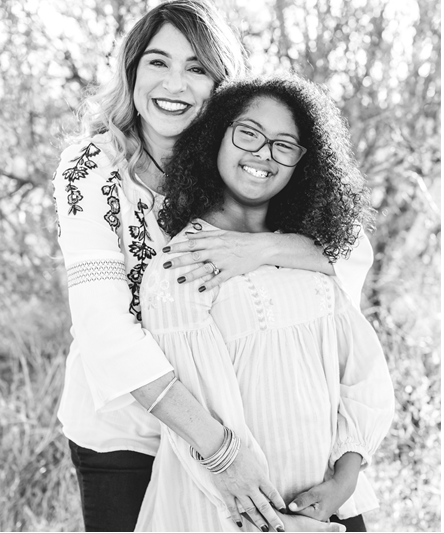
In the two decades that I have been involved in the school choice movement, I’ve seen how choice policies can empower parents to select the school that best fits their child’s needs. But as the mother of a middle school daughter with a disability, I’ve also experienced the difficulty in finding a school that is the right fit. It’s even harder when you’re asked to make the decision sight unseen.
School policies v. FERPA
When deciding where to enroll my daughter for middle school last year, I was surprised when two schools said they did not allow parents of prospective or enrolled students to observe special education classes due to the Family Educational Rights and Privacy Act (FERPA).
This didn’t sound quite right. So, I called my state department of education and learned that the schools were, in fact, wrong. FERPA does not prohibit parents from observing their child in any classroom setting. FERPA guidance clarifies that the act “does not protect the confidentiality of information in general; rather, FERPA applies to the disclosure of tangible records and of information derived from tangible records.”
But this reality doesn’t change the fact that some schools are denying parents the chance to observe classrooms.
Informed decisions
If prospective parents can’t observe classes, how will they know if the school’s programs are right for their child? Both schools told me that I should feel comfortable relying on their reputation and school letter grade since they are high performing schools. But that is so inadequate.
While discussing the unique challenges parents of students with disabilities face in school choice, researcher Lanya McKittrick appropriately noted: “ … the information that’s freely available might not adequately describe whether a school will be the right fit [for my child]—the only way for me to check out a school’s acoustics and lighting is to show up in person.”
Acoustics and lighting might seem inconsequential for some, but McKittrick’s youngest child is deaf-blind, and these details will make all the difference in her child’s educational experience.
Contrary to some schools’ policies, federal law and all related guidance encourage parent involvement, especially for parents of students with disabilities. If parents of enrolled students can’t observe, how can they meaningfully contribute to their child’s education and be full partners in the development of their child’s Individual Education Program (IEP)?
Not all parents are experts about special education, but no one knows their children better than they do.
State policy needed
I believe the solution to this problem is simple: States should require that every district and charter school adopt a policy, with parent input, for all tours, visits and observations that includes all classrooms or students.
Schools will, of course, need to find the best way to minimize distractions. Some situations may even call for observations via camera, windows, or other options. But all classrooms should be observable. Period.
Certain classrooms, of course, are specifically designed for students with significant emotional and behavioral disabilities, and some will argue that any observation would be simply too disruptive. To this I would respond with two simple questions.
First, if a parent is requesting to observe that classroom as a potential placement, isn’t it even more critical that they understand how the classroom functions—and how their student would fit in—before agreeing to the placement?
Additionally, we must consider that these students are often our most vulnerable since they typically have significant disabilities and may be non-verbal. Why wouldn’t we encourage frequent observations to ensure students are receiving an appropriate education?
Most schools value parents as equal partners in their child’s education, but some schools may need a push to enact valuable policies that allow observations and will, ultimately, benefit ALL educators, parents, and students. And it’s up to education leaders and policymakers to ensure this happens.
Because of the pandemic, parents have been able to observe and support their child’s’ virtual classes. The insights gained from these observations have only increased parent engagement and appreciation for educators. Let’s not sever that connection now when students return to in-person school. Let’s cultivate it!
Because no parent should be told—like I was—that they would have to decide sight unseen, trusting only the school’s reputation or past performance. These are our students. We know them, and we need to be able to make fully informed decisions to select the right education for them.


